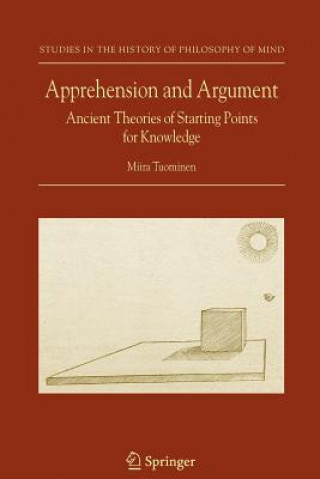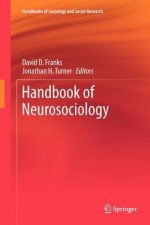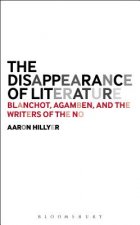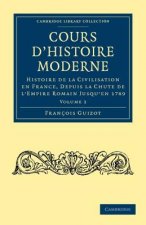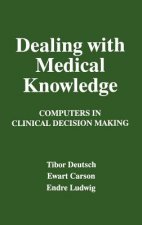
Delivery
Shopping guide





Doesn't suit? No problem! You can return within 30 days
 Gift voucher
any value
Gift voucher
any value
You won't go wrong with a gift voucher. The gift recipient can choose anything from our offer.
Apprehension and Argument
 English
English
 488 b
488 b
 Delivery to Austria
Delivery to Austria
30-day return policy
You might also be interested in


If we know something, do we always know it through something else? Does this mean that the chain of knowledge should continue infinitely? Or, rather, should we abandon this approach and ask how we acquire knowledge? Irrespective of the fact that very basic questions concerning human knowledge have been formulated in various ways in different historical and philosophical contexts, philosophers have been surprisingly unanimous concerning the point that structures of knowledge should not be infinite. In order for there to be knowledge, there must be at least some primary elements which may be called starting points .§This book offers the first synoptic study of how the primary elements in knowledge structures were analysed in antiquity from Plato to late ancient commentaries, the main emphasis being on the Platonic-Aristotelian tradition. It argues that, in the Platonic-Aristotelian tradition, the question of starting points was treated from two distinct points of view: from the first perspective, as a question of how we acquire basic knowledge; and from the second perspective, as a question of the premises we may immediately accept in the line of argumentation. It was assumed that we acquire some general truths rather naturally and that these function as starting points for inquiry. In the Hellenistic period, an alternative approach was endorsed: the very possibility of knowledge became a central issue when sceptics began demanding that true claims should always be distinguishable from false ones.This book offers the first synoptic study of how the primary elements in knowledge structures were analysed in antiquity from Plato to late ancient commentaries. It argues that, in the Platonic-Aristotelian tradition, the question of starting points was treated from two distinct points of view: as a question of how we acquire basic knowledge; and as a question of the premises we may immediately accept in the line of argumentation.
About the book
 English
English
Categories


 Contact
Contact How to shop
How to shop















